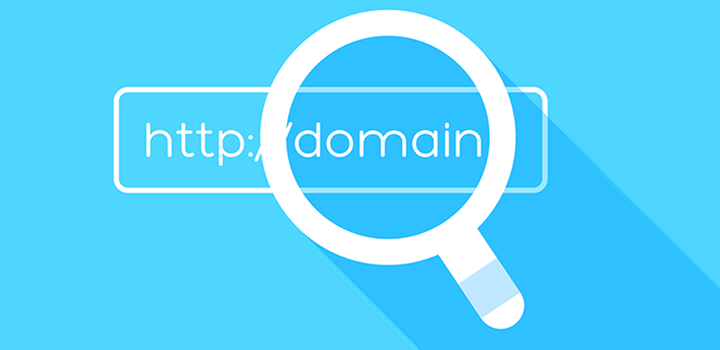I stumbled upon a study conducted by Microsoft eons ago back in the paleolithic era of search; 2012… It is about how “premium domains” are perceived by the consumer when seeing them in the search results compared to a lower value “non-premium” domain. I like to use quotations sparingly, but I felt it was necessary because the varying opinions on premium v non-premium domains is a bridge I do not want to cross in this post.
I decided to take the study and turn it into a short story. If the story encourages you to read the study, there is a link to it at the bottom of the post.1
You’ve paid a web developer to build a website. You have developed considerable amounts of high-quality, relevant content for your industry. You have done everything the SEO gurus (White Hat, of course!) have told you, and everything looks great. You’re off to the races. Maybe not.
Even if you do everything right, and your website starts climbing the ranks on Google, you may not get the clicks you deserve. This might be because of something called “domain bias.”
What is Domain Bias?
Domain Bias, a term coined by the Microsoft study “Domain Bias in Web Search,” which is a phenomenon where Internet users are more likely to click on search results that come from a particular domain that is trusted and reputable. This sounds obvious, but it goes against our collective understanding of how people use search engines.
Our traditional understanding of search engines is that we click on pages that are:
- Relevant
- Positioned near the top of the page
- Contain keywords in the snippet
Domain bias is a fourth factor that drives clicks. In some cases, it’s even stronger than relevance.
The Study
In a blind test, Microsoft found that domain trust sometimes overrides relevancy in a search result. In the study, they tested search results for the query “One of the most common types of heart disease” from genetichealth.com and webmd.org. They found that, when the results were shown without the domain name listed, users preferred the result from genetichealth.com. However, when the results were shown with the domain, users preferred webmd.org. The researchers also flipped the domains by showing the genetichealth.com snippet with the webmd.org domain and vice versa. In this case, users preferred the result showing webmd.org, regardless of the search result.
According to Microsoft, “the [domain] bias manifests itself as leading a user to perceive the same document as more relevant when it is attached to a more reputable domain than a less reputable one. Its existence is established beyond a reasonable doubt through a series of carefully controlled experiments.”
Trust Has Important Consequences
This means that Internet users are savvy and trust certain domains over other domains. And that trust has important consequences for search engine clicks.
Back to the example from the beginning of the article… Say you did everything right with your website, and you have some of the best content out there. But you’re still not getting clicks. The problem? Your domain is Loans-for-you-in-Boston.com. This domain looks like spam, and users are less likely to click this domain, even if it’s highly relevant and positioned near the top of the page. Users will be more likely to click a domain they trust; something like Loans.com. See the difference?
Source: (http://www.circleid.com/)











